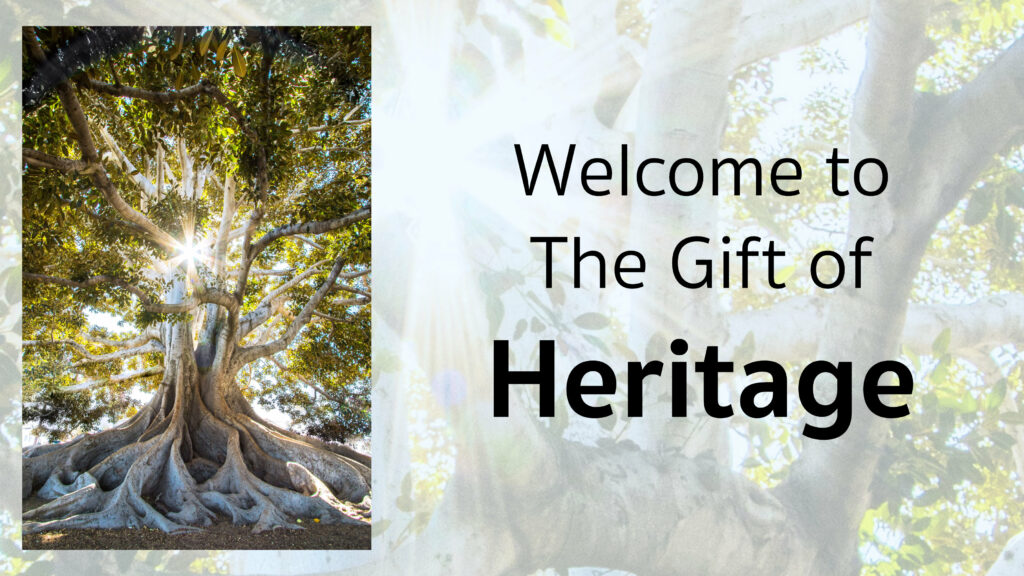
“Many of the conflicts we are currently embroiled in are rooted in ancestral misunderstandings. We are trying to break the future out of cages some of our ancestors constructed, and we are still caught in the power dynamics of ancestral beliefs of worth and destiny.” – adrienne maree brown
The Soul Matters Theme for October is “Heritage”. As I ponder the historic events of the past few days and the ouster of the Speaker of the House of Representatives, I have been mulling over the role of heritage in the midst of this turmoil. The words of adrienne marie brown have been important for me, as a reminder that the spectacle we have witnessed on our national stage is in part a reflection of the turmoil that can manifest itself within all of us when we consider how we embody that which we have inherited from those who have come before us.
To suggest that the rancor which many find appalling in our Nation’s capital is new, would be to dismiss much of the history of Congress itself, as for instance, we observed during the constitutional crises that Abraham Lincoln presided over, and the previous McCarthy era. What makes this moment seem novel is that it collides with the conscience of many in our country who yearn for progress and see the current antics as a retreat into a past that some thought was over and many understand has never passed at all.
The moment has given me pause to consider how I want to be in the world and how it is that I too grapple with the spectrum of experiences, ideals and values that are part of my own inheritance. Leading to ask, like the author brown, how I honor “all” of my ancesters. Her words are instructive.
“There is a saying that has been popular in the past few years: “I am my ancestors’ wildest dream.” I love this idea, and I have put seeds in that soil… But there are also, in my lineage, ancestors for whom I am likely their worst nightmare. A Black, queer, pansexual, poly-curious, unmarried, childless, defiant, feminist, post-capitalist, Earth lover, constantly thinking about what might be the most revolutionary next step I could take. Yes, I know there are ancestors who would feel they had failed in their work because I exist.
But what I know, which maybe these ancestors have some sense of now, is that the impulse to dominate, and control, and harm, and deny the truth of divergent human experiences is rooted in self-loathing… I have to honor that those ancestors lived in a time of less knowing, less connectedness, and less possibility. I have to honor that their lives are crucial to my callings. I pass my current experiences of freedom and delight back to the ancestors who did not have access to rest, or agency over their time. I pass my current experiences of self-love and radical self-acceptance back to my ancestors who thought they could only belong through some version of destruction, of themselves and others.”
Brown concludes, in part, “Being accountable to the unknown lives—the foolish, the wrong-headed, the ignorant, the lives that caused harm—helps me have more space for those I see living those ways even now.”
That I too am frustrated by the continuing failure of one of the congressional institutions gives me pause to consider all the experience I can bring to bear in my life to witness a different kind of governance, a different way of being, and, I hope, a better outcome in the future. We can succumb to the malaise that such chaos brings. We can also remember that chaos is, in part, a constant, and we, because of the wisdom of our own experiences, as well as the wisdom born of embodying and critically questioning what we have inherited, can change, if not for ourselves, then in honor of those who came before and those who will certainly come after us.
Blessings,
Aaron
